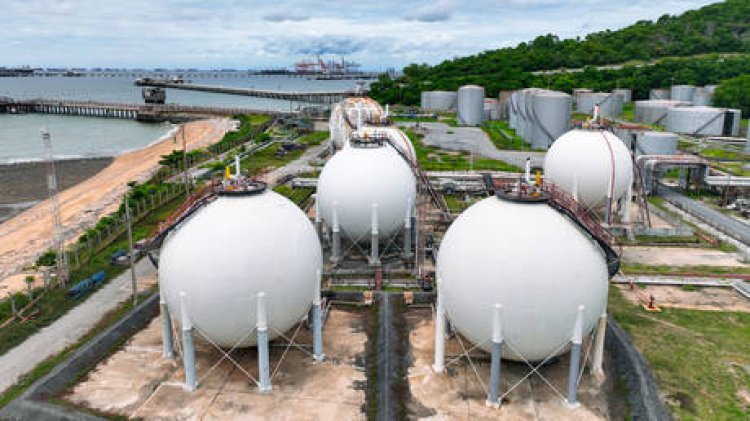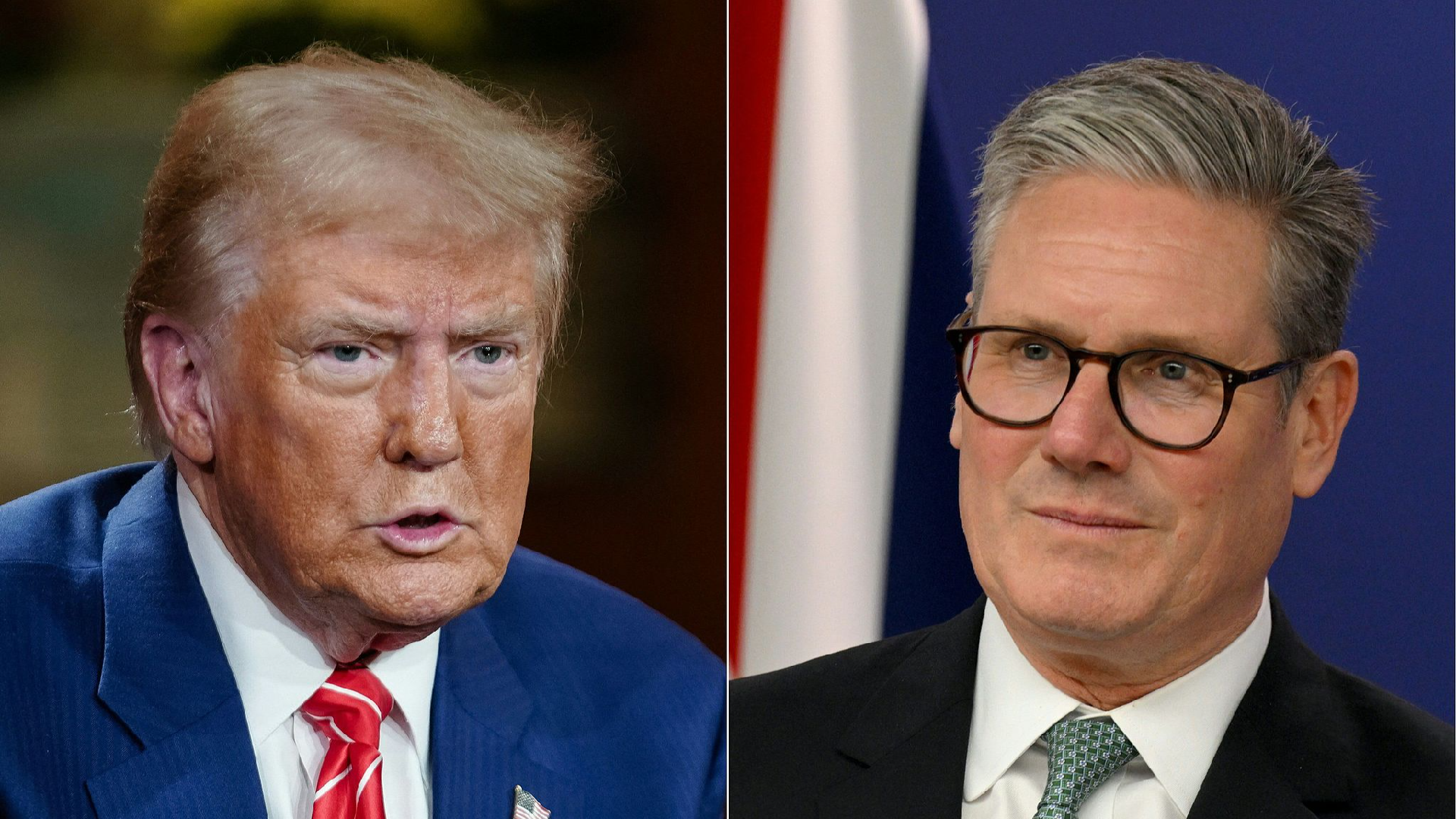EU postpones plan to reduce reliance on Russian energy, says Financial Times
The EU is set to delay plans to reduce its reliance on Russian energy once more, with ongoing discussions regarding the future of the Nord Stream 1 and 2 pipelines contributing to the postponement, according to a report by the Financial Times....

Both Nord Stream 1, which was a conduit for Russian natural gas to Germany, and Nord Stream 2 experienced damage from a sabotage incident in 2022. Nevertheless, one string of Nord Stream 2 remains operational. Negotiations about potentially reviving these pipelines have reignited due to recent collaborative efforts between Russia and the US to resolve the conflict in Ukraine.
Initially scheduled for release in February, a roadmap outlining strategies for the EU to cut its energy dependency on Russia by 2027 was first delayed until March, and it is now anticipated to be revealed in May, as reported on Tuesday.
The uncertainty surrounding US President Donald Trump’s proposed tariffs has also contributed to this delay, as energy trading could become a pivotal topic in EU-US negotiations.
“It’s a mess,” an EU diplomat told the FT. “How does the US fit in all this? How do we diversify?”
Brussels is reportedly exploring legal options that could allow EU companies to exit long-term contracts for Russian gas without incurring substantial penalties from Moscow.
There are additional worries that proposed legislation could face a veto from Hungary and Slovakia, which are currently the primary recipients of the remaining Russian pipeline gas flowing into the EU.
Following the escalation of the Ukraine conflict in 2022, the EU committed to reducing its dependence on Russian energy. As a result, imports of US gas have replaced much of the less expensive pipeline gas that was previously sourced from Russia.
Though Russian pipeline gas supplies to the EU have drastically fallen since 2022, the bloc increased its imports of liquefied natural gas from the sanctioned nation last year. By 2024, various estimates suggested that Russia still accounted for approximately 19% of the total gas and LNG supply to the EU.
Brussels has not yet detailed the specific measures it plans to propose for accelerating the reduction of Russian energy usage. However, some experts have indicated that imposing tariffs on gas imports could be one potential solution.
This development comes as industry leaders within the EU have voiced a desire to resume gas purchases from Russia. Reports from Reuters indicate that Germany’s chemical sector is grappling with a “severe crisis” and urgently requires affordable access to Russian gas. Likewise, French energy companies Engie and Total have expressed the possibility of reinstating energy imports from Russia.
Camille Lefevre for TROIB News
Find more stories on Business, Economy and Finance in TROIB business












